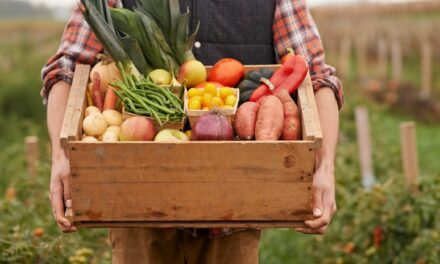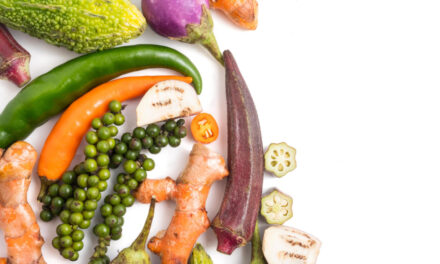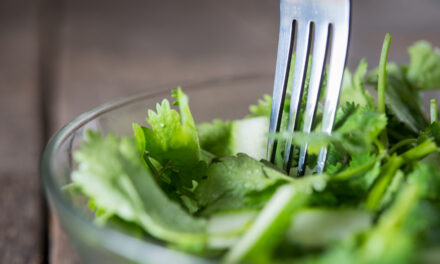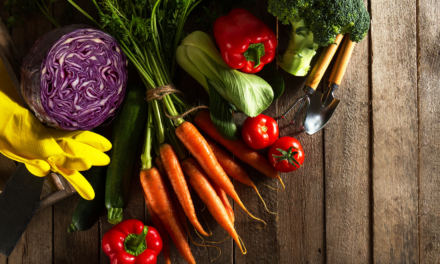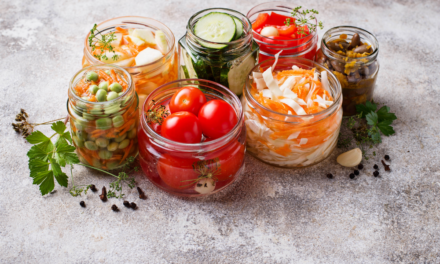
Gardening with straws
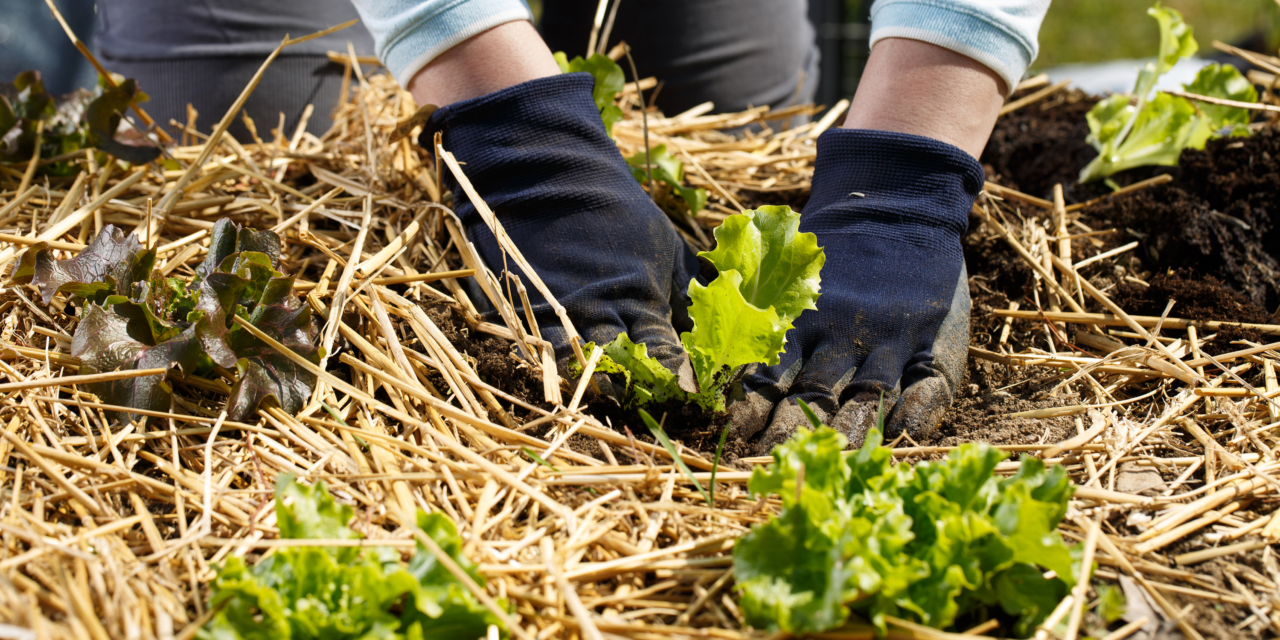
Straws are great for developing biological life, suppressing weeds, conserving soil moisture. They are many organic or mineral materials, but they do not all the same potential. Let us take a closer look to straws because they are easy to find and affordable.
Straws are a dry material that will not ferment, warm up or produce turf like it is with grass or other fresh herbs. You can lay a thick layer on garden beds for controlling unwanted weeds that will likely infect your crops.
A growing soil for plants
Layers of straws protect the soil by covering the crops. It regulates soil temperature and prevents from temperature variations that are unhealthy for plant growth.
They protect from pouring rain, freeze, wind so they reduce erosion. They are also a home for many insects. They are essential for gardeners as they balance the garden and prevent from the proliferation of insect pets.
Straws are natural fertilizers. Its decomposition enriches the soil with humus and improves physical and chemical properties. Its protective role and addition of organic matters sustain soil fertility.
Are straws sustainable?
Circling plants with straws limits water waste. You only need to lay straws mulch around the plants or trees. It will maintain the water retention of your soil by 4 to 5 times more than traditional irrigation.
This method can be applied all around your garden: vegetable patch, orchard, hay and tree beddings and perennials and annual garden plants. You can as well put straws in your pots.
Fruit and vegetable growing in soil may putrefy due to too much humidity. Straws can be spread on the ground around the small plants as soon as the fruits start to develop to play its role in avoiding direct contact with the substrate.

When is it best to use straws?
It is best to use right at the end of April. So, you are certain it will not freeze. If you lay straws on a frozen soil, plants will freeze and suffocate.
Every water plant should be strawed, but do not if they do not like humidity like with garlic, shallots or onions!


